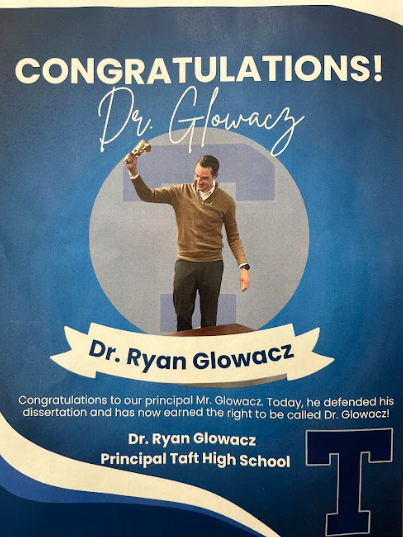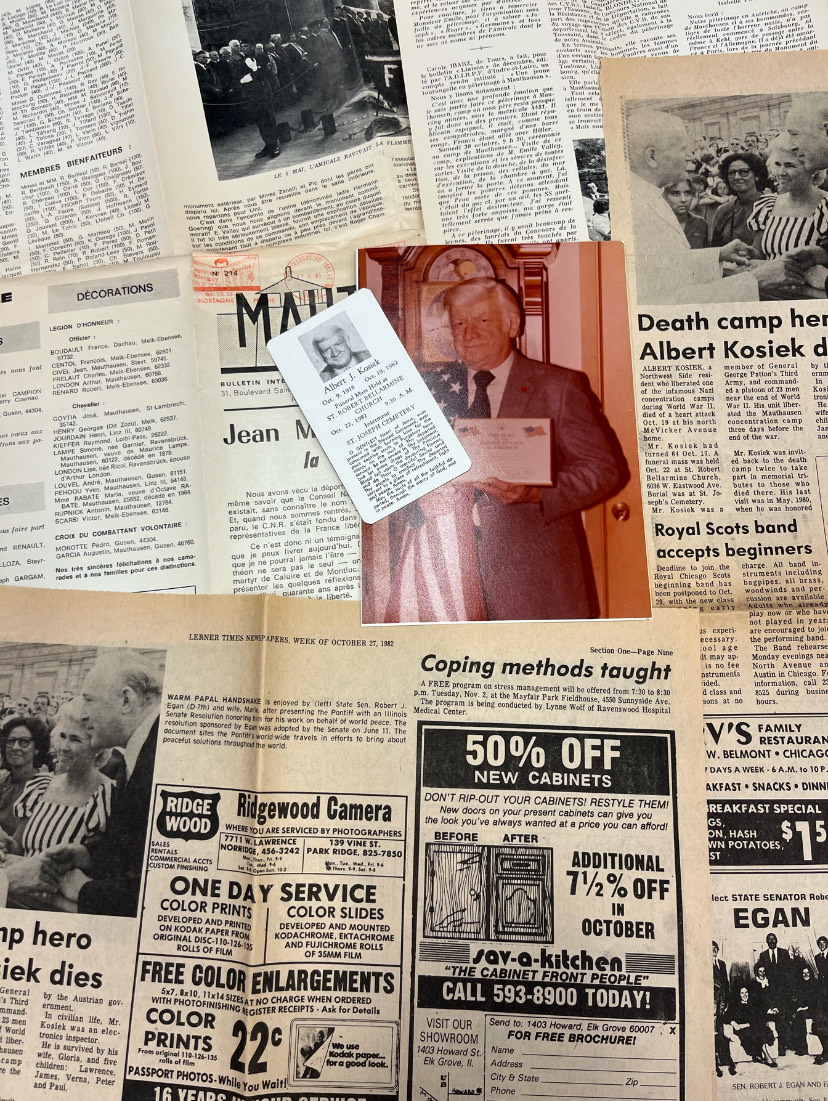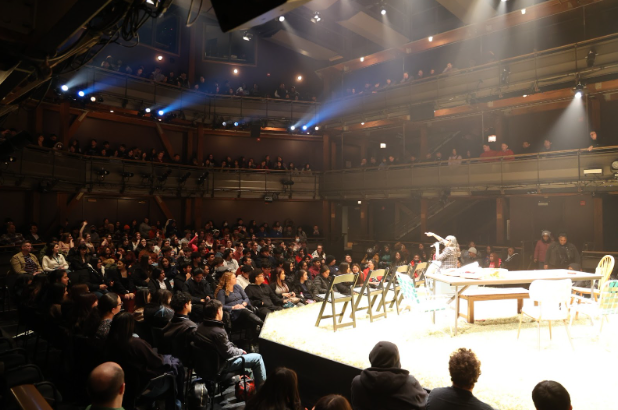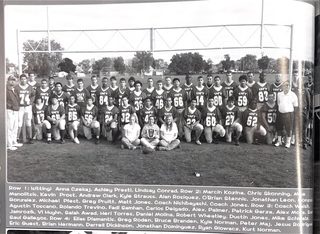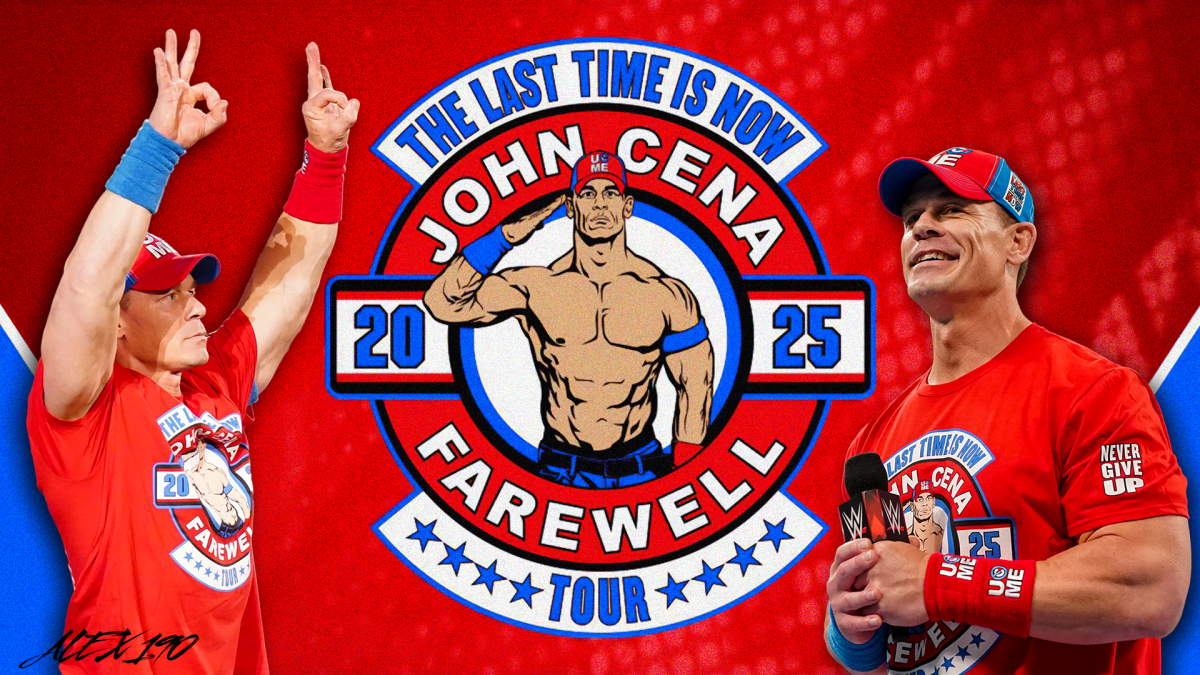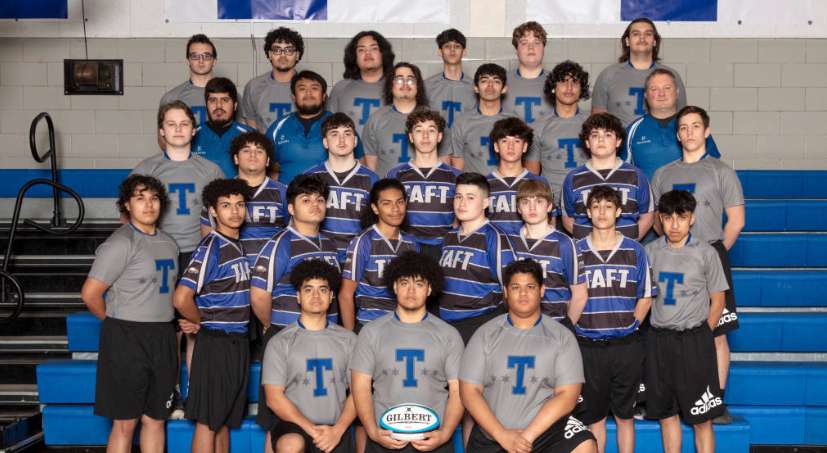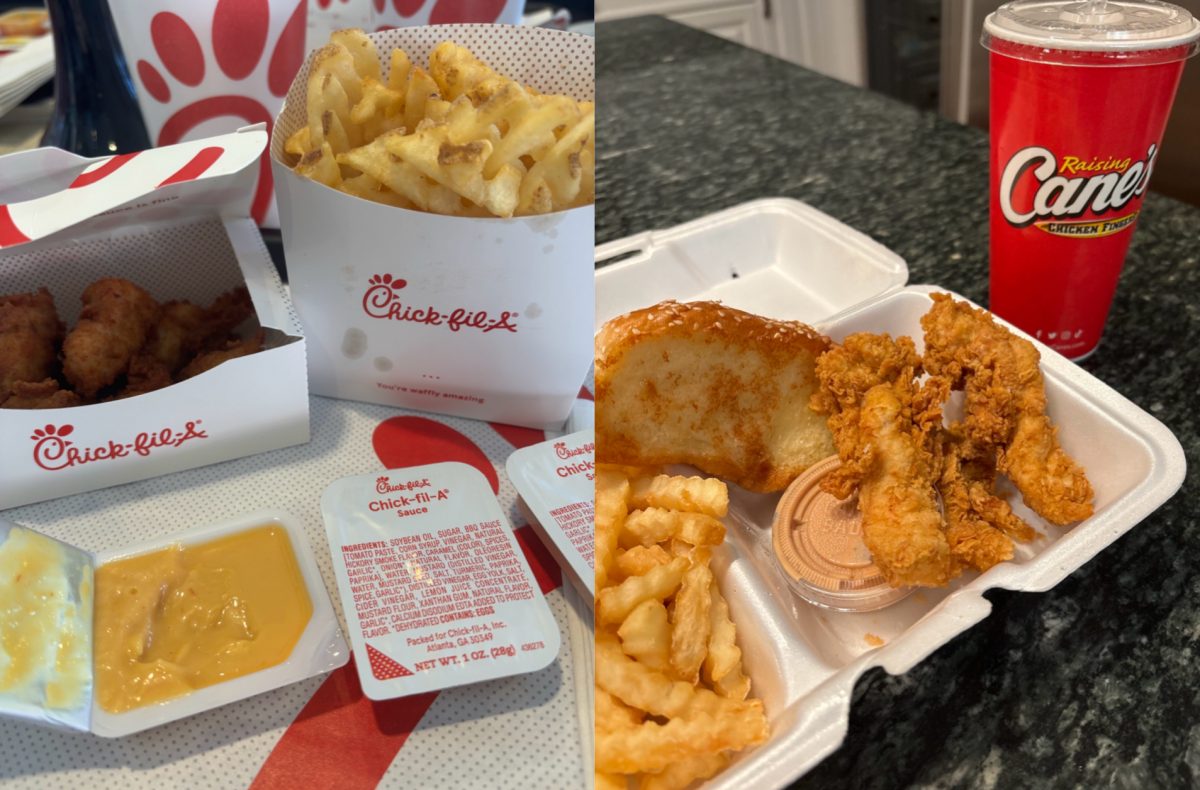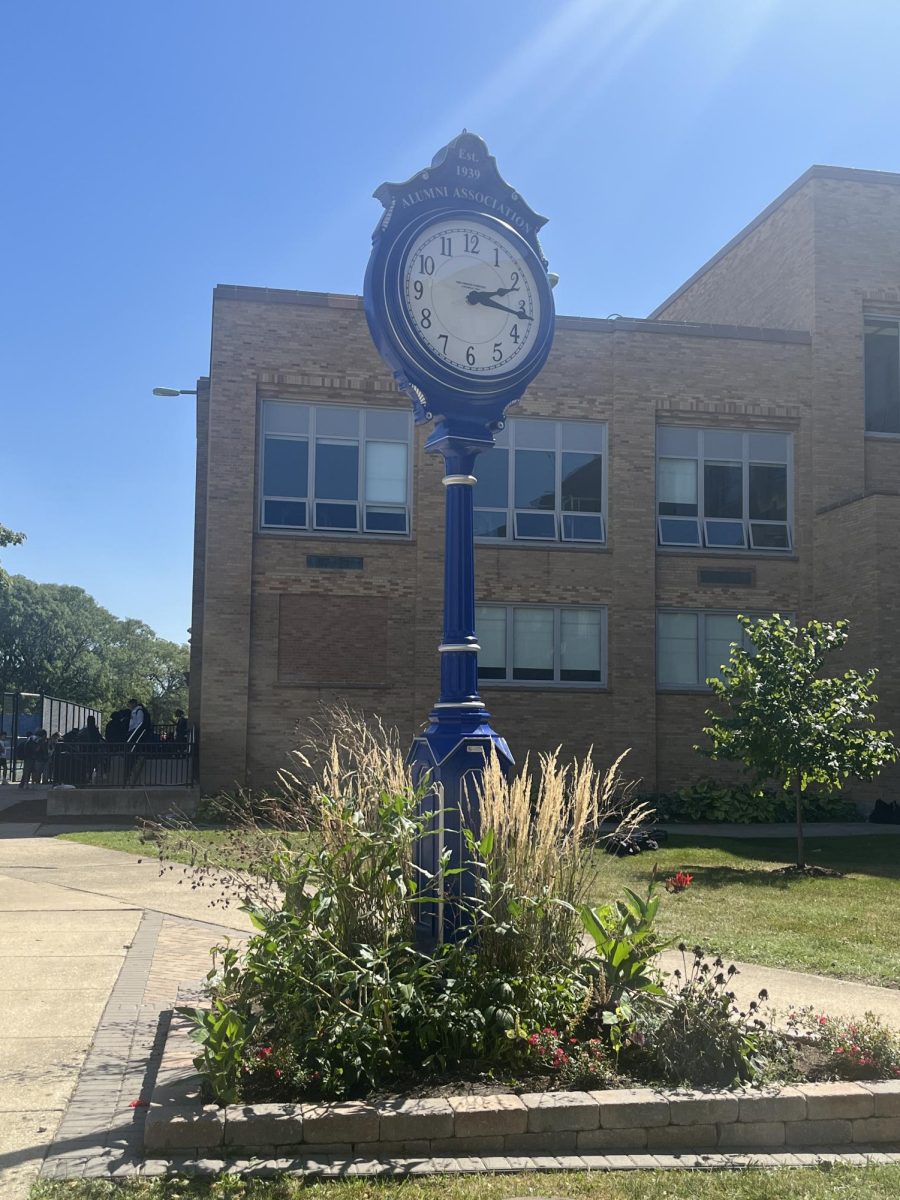Video games are something many our age would consider pivotal and important. It introduces us to worlds we’d never imagined, but much more real in comparison to books or movies. It’s interactive, develops skills, and gives us opportunities to connect with others. The list of incredible games is long, but one game included is “The Last of Us.”
“The Last of Us” is an apocalyptic zombie game that follows the story of Joel, a smuggler, and Ellie, a 14-year old orphan immune to the cordyceps infection. The two go from state to state in search of the Fireflies, a resistance group who want to use Ellie’s immunity to create a vaccine.
The game makes the player fight through hordes of infected, dangerous settlements in the midst of city ruins, and a cannibalistic cult residing in the woods as Joel and Ellie develop an incredibly deep bond.
In the end, right as the Fireflies prepare to kill Ellie for their vaccine, Joel slaughters them. He saves her and lies about it, making sure she never finds out. This ending decision from Joel is what makes it so memorable, but also what turned Part II into the controversial, yet better game out of the two.
The game uses a split perspective, one being Ellie’s and the other belonging to a new character. Her name is Abby Anderson, the daughter of the surgeon Joel kills at the hospital. As a result of her blinding grief, she spends four years searching for Joel, itching to get revenge on the man who stole her father.
Her act of murdering Joel is what makes the game so controversial.
“Everyone has their reasons for revenge. Doesn’t matter if it’s valid or not. Point is, Abby had her reason for killing Joel and it sucks, but he did a lot of bad things. It was gonna happen eventually,” said sophomore Blake Anderson.
This crucial decision is what people most have trouble with, believing that killing the character they spent years with and making us later play as his murderer is a poor attempt to get players to sympathize. Because of his death, the rest of the game becomes a story of revenge and being consumed by grief.
We only find out Abby’s motives once we play as her and watch as the three days spent in Seattle play out. All the while, Ellie is hunting her, wanting revenge for Joel despite their conflict before his death.
“People think that game’s trying to make you feel bad for Abby, but they could care less what you think of her. It’s just to make sure people understand both sides of the story, to move it forward,” said junior Julie Fagan.
Games make stories much more impactful. You spend time with the character you’re playing, you’re the one who controls their actions. If you’re not invested in what happens to your character, then you’re not invested in the story.
This is why the story of “The Last of Us” feels more visceral. You spend the game protecting Ellie and learning more about her and yourself, you create a bond. Then, barely an hour into the game, he’s brutally killed by a character we know nothing about.
“The Last of Us Part II’s story is complex, but still organized. The plot’s better, there’s newer features, and I personally feel way more connected to the characters in Part II compared to Part I,” said Ethan Tejada, a homeschooled junior.
The sequel also offers a list of new things to the game, such as upgraded mechanics, many collectibles for both characters, and advanced video quality.
Regardless of one’s opinion on the story or whatever else the game has to offer, it’s undeniable that it’s a successful sequel to an incredible game.



